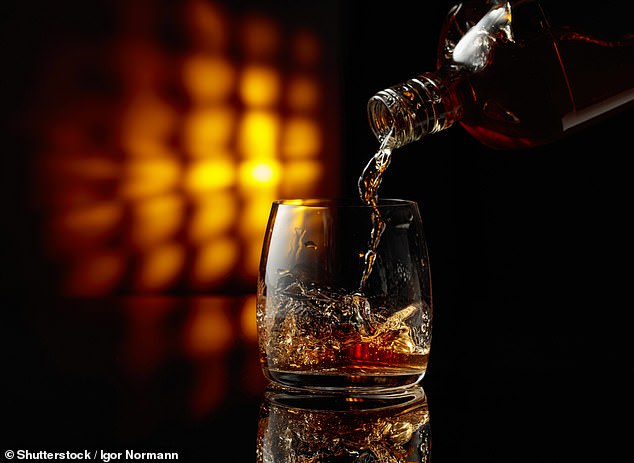They arguably have one of the best occupations in the world.
But whisky sommeliers may soon have some competition for their jobs – from AI.
Scientists have devised machine learning algorithms that can determine whether a whisky is of American or Scotch origin and identify its strongest aromas.
And they even outperform human experts, the results show.
A whisky’s aroma is determined by a complex mixture of odorous compounds, which makes it highly challenging to assess.
Panels of human experts are often used to identify the strongest notes of a whisky but these require a significant investment in time, money and training – and agreement between experts is often rare.
A team from the Fraunhofer Institute for Process Engineering and Packaging in Germany assessed the molecular composition of seven American and nine Scotch whiskies.
These included 12-year-old Auchentoshan from the Scottish Lowlands, 10-year-old Talisker Isle of Skye Malt, Jack Daniels Tennessee Whiskey and Woodford Reserve Bourbon.


To do this they used algorithms including a molecular odour prediction AI they had developed themselves called OWSum.
The algorithms analysed the whiskies based on their detected molecules and identified each dram’s country of origin and its five strongest notes.
The authors then compared the algorithms’ results to those from a panel of 11 experts.
Results showed OWSum was able to determine whether a whisky was American or Scotch with a greater than 90 per cent accuracy.
The AI identified caramel-like as the most characteristic note of American whiskies, and apple-like, solvent-like, and phenolic – often described as a smoky or medicinal smell – as the most characteristic notes of Scotch whiskies.
Both algorithms were able to identify the five strongest notes of a specific whisky more accurately and consistently on average than any individual human expert.
The authors believe that their approach could lead to the quick classification of whiskies and for the identification of key notes in their aromas.
Their findings were published in the journal Communications Chemistry.

